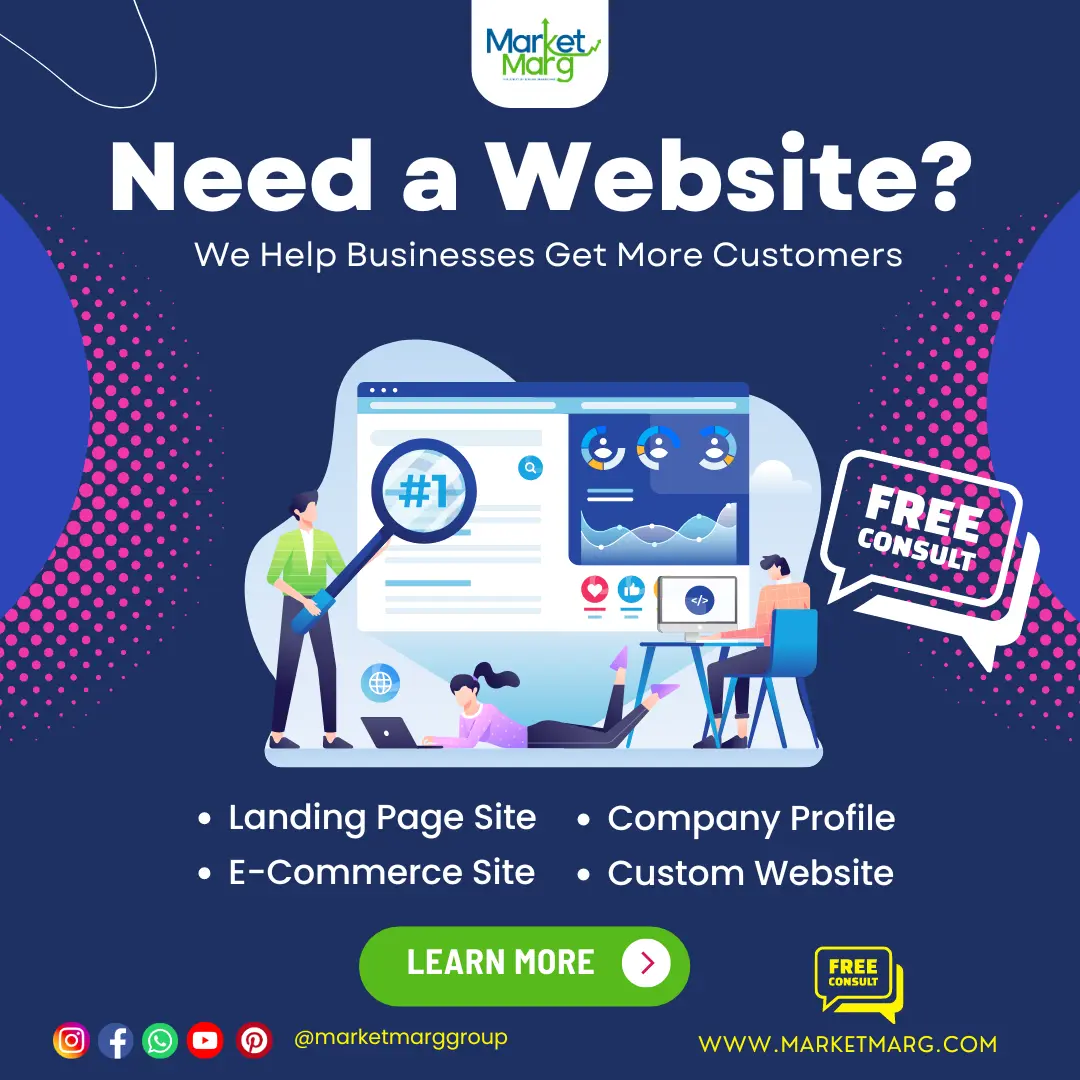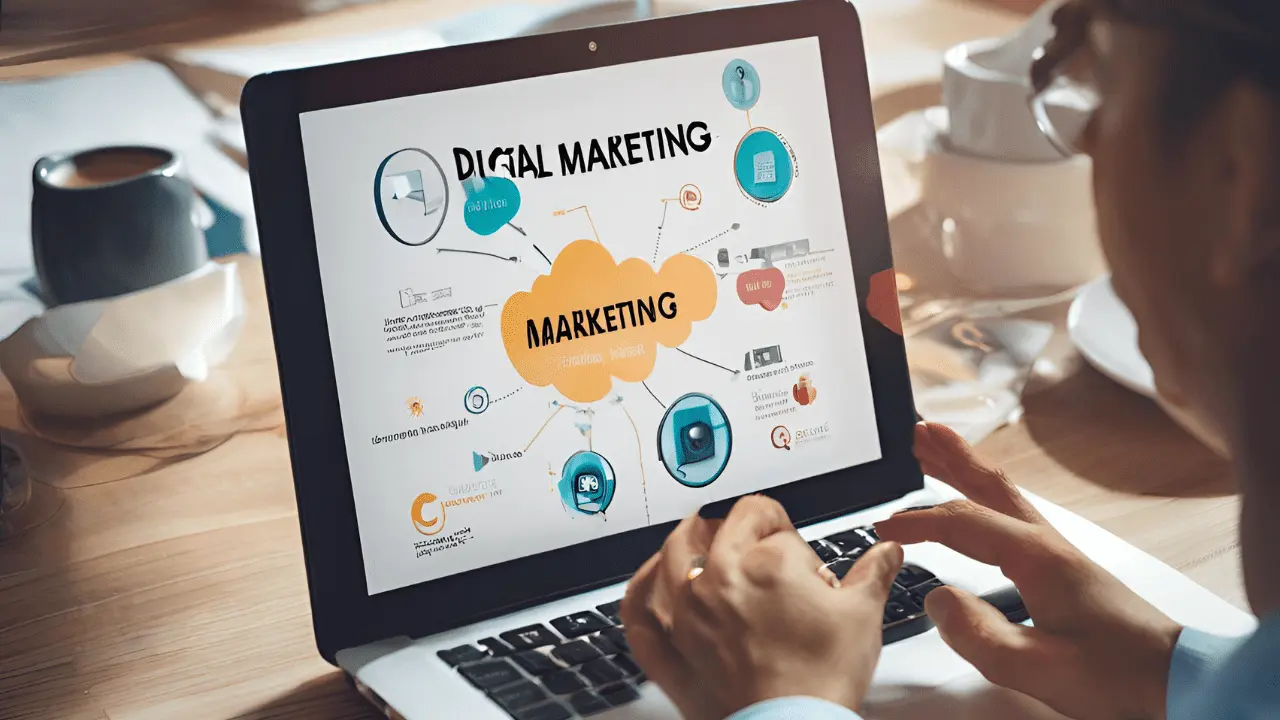In today’s digital age, having a website is no longer just an option; it’s a necessity. Whether you’re running a small local shop or a large corporation, a website can be the driving force behind your business growth. But why is it so important? What impact can it truly have on your success? In this article, we’ll explore how a website can transform your business and help you reach new heights.
How a Website Can Transform Your Business and Boost Growth
Discover the power of a website in transforming your business growth. Learn how having a website can elevate your brand and engage customers effectively.
1. Introduction: The Digital Landscape
The world has gone digital, and consumers are increasingly relying on the internet for information, shopping, and connecting with brands. Whether it’s through social media, search engines, or emails, your potential customers are online, and if your business isn’t, you’re missing out on a massive opportunity.
2. Why Every Business Needs a Website
If you’re wondering why your business needs a website, the answer is simple: a website is your digital storefront. Just like how a physical location attracts foot traffic, a well-designed website can attract online visitors, many of whom could be your next loyal customers. In fact, 81% of consumers research a business online before visiting them or making a purchase. If you’re not there, you’re losing customers to your competitors.
3. First Impressions Matter
Imagine walking into a store with unorganized shelves, dim lighting, and no clear direction. Would you want to stay? A website is the first impression many potential customers will have of your business. A sleek, professional, and user-friendly website can leave a lasting positive impression, while a poorly designed site might drive visitors away before they even explore your offerings.
Your website is a reflection of your brand—make sure it reflects the professionalism and quality you want to be known for.
4. Enhancing Your Brand’s Visibility
In the crowded online marketplace, having a website gives your brand the visibility it needs to stand out. Think of your website as a digital billboard that can be seen by anyone, anywhere. When optimized for search engines, your website can appear in front of people who are actively looking for products or services like yours. More visibility means more traffic, and more traffic often means more business.
5. Reaching a Global Audience
Unlike a brick-and-mortar business that is confined to a specific geographic location, a website allows you to reach a global audience. With the internet, your business can be accessed by people from all over the world, opening up new opportunities and markets. Whether you’re selling physical products, offering services, or sharing valuable information, a website enables you to extend your reach far beyond your local community.
6. Building Credibility and Trust
People trust businesses with a professional online presence. A website gives your brand credibility. Without one, customers might question your legitimacy. For example, if someone searches for your business and can’t find a website, they might assume you’re either not trustworthy or not established enough to be worth their time.
Adding elements like customer testimonials, case studies, and a well-designed “About Us” page can further build that trust, reassuring visitors that you’re a reputable and credible business.
7. 24/7 Accessibility and Customer Engagement
A physical store has limited hours, but a website is accessible 24/7. This means that customers can learn about your business, browse your products, and even make purchases or inquiries at any time of the day. It’s like having a full-time employee working round the clock, providing information and support to potential customers.
With the integration of chatbots, contact forms, and automated email responses, you can further enhance customer engagement by providing instant responses to common inquiries.
8. Showcasing Your Products and Services
A website is the perfect platform to showcase your products and services in detail. High-quality images, engaging descriptions, and clear pricing can give potential customers all the information they need to make a purchase decision. It’s your opportunity to highlight the best features of your offerings and show customers why they should choose you.
9. SEO: The Key to Driving Traffic
Search Engine Optimization (SEO) is the process of improving your website’s visibility on search engines like Google. When done correctly, SEO can drive organic traffic to your site, meaning you’ll attract visitors without having to pay for ads. By targeting specific keywords (such as “website” in this article), you can ensure that people searching for your type of business find you easily.
10. Converting Visitors into Customers
Once visitors land on your website, the next goal is to convert them into paying customers. This is where elements like clear calls-to-action (CTAs), a seamless checkout process, and user-friendly navigation come into play. The easier it is for visitors to find what they’re looking for and complete a purchase, the higher your conversion rate will be.
11. Tracking and Analyzing Customer Behavior
One of the major advantages of having a website is the ability to track customer behavior. Tools like Google Analytics allow you to see how visitors are interacting with your site, which pages they’re spending the most time on, and where they’re dropping off. This data is invaluable for making informed decisions about how to improve your site and your marketing strategies.
12. Cost-Effective Marketing Tool
Compared to traditional forms of marketing, a website is incredibly cost-effective. It’s an investment that can generate long-term returns by consistently attracting traffic and generating leads. Additionally, once your website is live, maintaining and updating it is relatively inexpensive, especially when you consider the potential reach and impact it can have on your business.
13. Keeping Up with Competitors
If your competitors have a website and you don’t, you’re already at a disadvantage. In today’s competitive marketplace, not having a website can make you look outdated or irrelevant. Customers expect businesses to have an online presence, and failing to meet that expectation can cause you to lose out on valuable opportunities.
14. Adapting to Future Trends
As technology continues to evolve, businesses that adapt will thrive, and those that don’t will fall behind. Having a website allows you to stay ahead of the curve by incorporating new technologies like e-commerce, mobile optimization, and voice search. As consumer behaviors change, your website can evolve with them, ensuring that you remain relevant and accessible.
15. Conclusion: Your Website is Your Business’ Superpower
In conclusion, a website isn’t just a luxury—it’s a powerful tool that can transform your business. From enhancing your brand’s visibility and credibility to reaching a global audience and driving conversions, the benefits of having a website are undeniable. If you’re serious about growing your business and reaching new heights, investing in a website is the best decision you can make.
FAQs
1. How much does it cost to build a website?
The cost of building a website varies depending on factors like design complexity, features, and functionality. A basic website may cost a few hundred dollars, while more advanced sites can range into the thousands.
2. Do I need to update my website regularly?
Yes, regular updates keep your website relevant and secure. Fresh content also helps improve your search engine rankings and keeps visitors engaged.
3. Can I build a website myself, or should I hire a professional?
While DIY website builders are available, hiring a professional ensures that your site is optimized for performance, design, and SEO, which can ultimately yield better results.
4. How can a website improve my business’s online presence?
A website boosts your online presence by making your brand accessible 24/7, attracting new customers through SEO, and offering a platform to showcase your products and services.
5. What features should my business website include?
At a minimum, your website should have a home page, about us page, product or service listings, contact information, and clear calls-to-action. Depending on your business, you may also need an e-commerce platform, blog, or booking system.



